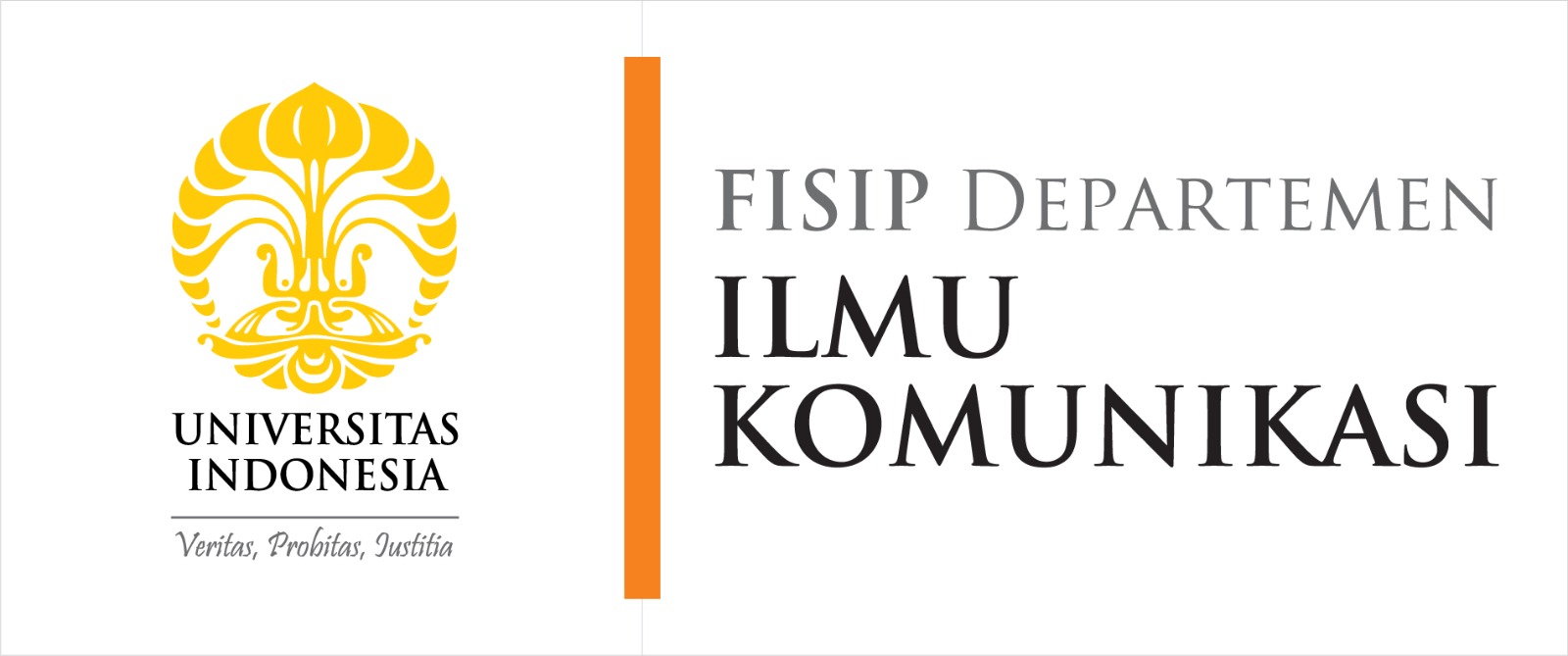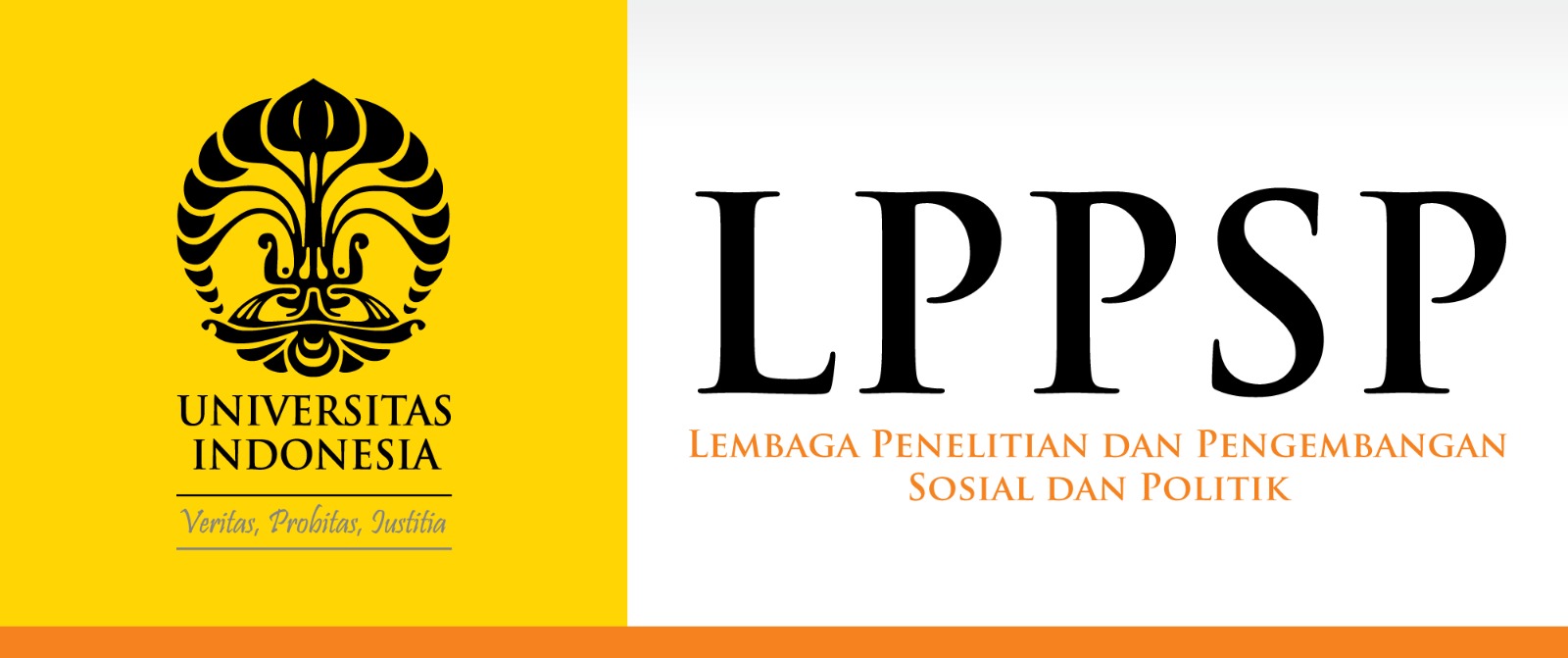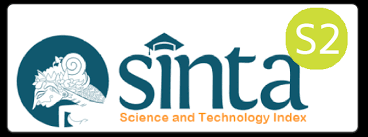JURNAL KOMUNIKASI INDONESIA
Abstract
Meskipun Indonesia telah memasuki era demokrasi dan kebebasan pers, self-censorshiptetap eksis di praktik profesional di banyak jurnalis koran Indonesia. Indonesia memilikisejarah sensor yang panjang, terutama terkait tekanan dari Pemerintah yang mendorongjurnalis untuk melakukan swasensor terhadap karya mereka. Swasensor memang telahdidorong dan dipromosikan melalui nilai-nilai yang diinternalisir dan diinstusionalisasi dibanyak publikasi koran Indonesia. Melalui wawancara dengan para jurnalis yang bekerjauntuk koran baru dan koran yang dihidupkan kembali di Indonesia, artikel ini akanmenjelaskan bagaimana praktik ini bisa berkembang dan bertahan hingga saat ini. Bila direzim Orde Baru, agen utama dalam tekanan ini adalah Pemerintah, saat ini pemilik Koran menjadi figur kuat yang memaksakan kehendak dan membatasi otonomi jurnalis Indonesia.
Even though Indonesia has entered a new era of democracy and press freedom, self-sensorship still exists in the professional practices of many Indonesia newspaper journalists. Indonesia has a long history of cencorship, particularly from the government encouraging journalists to self-ensor their work. As such, self-censorship has been encouraged and promoted through the institutionalised and internalised values of many Indonesian newspaper publications. Through interviews with journalists who work for new and re-established newspaper in Indonesia, this article will explain how the practice has evolved, and how it persist today. While the main agent of pressure during Indonesia’s New Order regime was the government, today the owners of newspapers are powerful figures who exert their influence and hinder the autonomy of Indonesianjournalists.
References
Barton, G. (2002). Abdurrahman wahid: muslim, democrat, Indonesian president. Sydney: UNSW Press.Committee to Protect Journalists (1995). In the censorʼs shadow: journalism in Suhartoʼs Indonesia. New York: Committee to Protect
Journalists.Darudoyo, H. (2009). Editorial dependence. Inside Indonesia, 95. Diakses tanggal 14 Februari 2010 dari http://www.insideindonesia.org/edition-95/editorial-dependence Dhakidae, D. (1991). The state, the rise of capital and the
fall of political journalism: political economy of the Indonesian news industry. Ithaca, New York: Cornell University Press.Eun Suk Sa (2009). Factors Influencing Freedom of the Press in South Korea. Asian Social Science, 5(3),
h.1-24.Fitzpatrick, S. (2006) Suhartoʼs legacy rules and divides. The Australian, Diakses tanggal 19 Maret 2010 dari http://www.theaustralian.com.au/news/world/suhartos-legacy-rules- anddivides/story-e6frg6so-1111Forbes Magazine
(2011). Indonesiaʼs 40 richest wealth list. Forbes Magazine, 2(12), Desember.Freedom House (2011). Report on press freedom. Diakses tanggal 26 Maret 2011 dari http://freedomhouse.org/template.cfm?page¼668, dan dari
http://freedomhouse.org/images/File/fop/2011/FOTP2011GlobalRegionalTables. pdfHanitzsch, T. (2007). Mapping journalism culture: a theoretical taxonomy and case studies from Indonesia. Asian Journal of Communication, 16(2),
h.169–86.Haryanto, I. (2011). "Media ownership and its implications for journalists and journalism in Indonesia". Dalam D. Hill dan K. Sen (Eds.), Politic and the mdia in twenty-first century Indonesia: decade of democracy (h.104–118).
New York: Routledge.Harymurti, B. (2010). Under the rule of press law. Walkley Magazine, 15 April.Heryanto, A. (2003). Public intellectuals, media and democratization: Cultural politics of the middle classes in Indonesia. Dalam A.
Heryanto dan S. Mandal (Eds.), Challenging authoritarianism in Southeast Asia (h.24–60). New York and London: RoutledgeCurzon.Hidayat, D.N., E. Gazali & V. Menayang (2009). Political communication in Indonesia: Media performance
in three eras. Dalam L. Willnat dan A. Aw (Eds.), Political communication in Asia (h.112–34). New York: Routledge.Hill, D.T. (1994). The press in New Order Indonesia (Asia Papers No. 4). Perth: University of Western Australia Press.Hill,
D.T. & K. Sen (2007). The internet in Indonesiaʼs new democracy. London; New York: Routledge.Hill, D.T. (2011). On the border: Local media in the land of Papua. Dalam D. H
Recommended Citation
Tapsell, Ross
(2012)
"Trik Lama di Era Baru: Swasensor dalam Jurnalisme Indonesia,"
JURNAL KOMUNIKASI INDONESIA: Vol. 1:
No.
2, Article 2.
DOI: 10.7454/jki.v1i2.7816
Available at:
https://scholarhub.ui.ac.id/jkmi/vol1/iss2/2
Included in
Gender, Race, Sexuality, and Ethnicity in Communication Commons, International and Intercultural Communication Commons, Social Influence and Political Communication Commons





